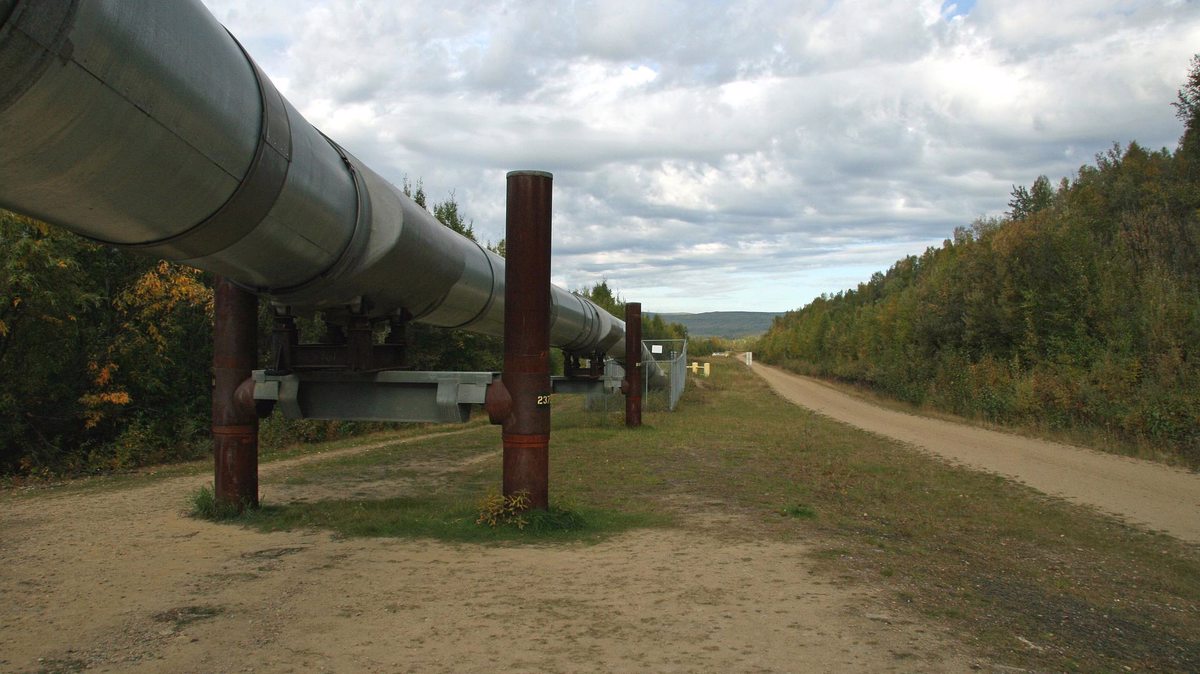TotalEnergies partner with Colorado State University on methane emission standards
TotalEnergies and Colorado State University (CSU) have set out to address concerns about methane emissions in the oil and gas sector.
 PHOTO: Methane pipeline 1920. Colorado State University
PHOTO: Methane pipeline 1920. Colorado State University
The partners have highlighted a lack of globally accepted protocols to accurately measure methane emissions and aim to develop qualification standards for greenhouse gas (GHG) measurement methods.
Experts from CSU’s Energy Institute Methane Emissions Program have partnered with one of TotalEnergies's test centres to create globally recognised protocols for qualifying methane emissions measurements. This partnership is being sponsored by the US Department of Energy and the European Commission.
The project will be led by the Director of CSU Energy Institute Methane Emissions Program, Daniel Zimmerle. Through this venture, TotalEnergies and CSU will combine their testing facilities and expertise to cater to the following objectives:
- Develop protocols to test the accuracy, detection limits, and operational restrictions of GHG measurement methods
- Establish a method for comparing measurements of annual GHG emissions from points measurements
Various countries, governments and companies have so far used different methods for measuring methane, which is responsible for over 25% of global warming. This has prevented a comprehensive standard from being established, argues CSU.
“There is a clear need for international engagement on methane measurement and reporting methods. It’s required if measurement results will be broadly accepted," Daniel Zimmerle says.
The company’s chief technology officer Marie-Noëlle Semeria argues that “The reduction of methane emissions requires an accurate quantification of these emissions. Defining a protocol that certifies the accuracy of measurements and allows comparisons between equipment and continents is a must.”
By Aparupa Mazumder
Please get in touch with comments or additional info to news@engine.online






